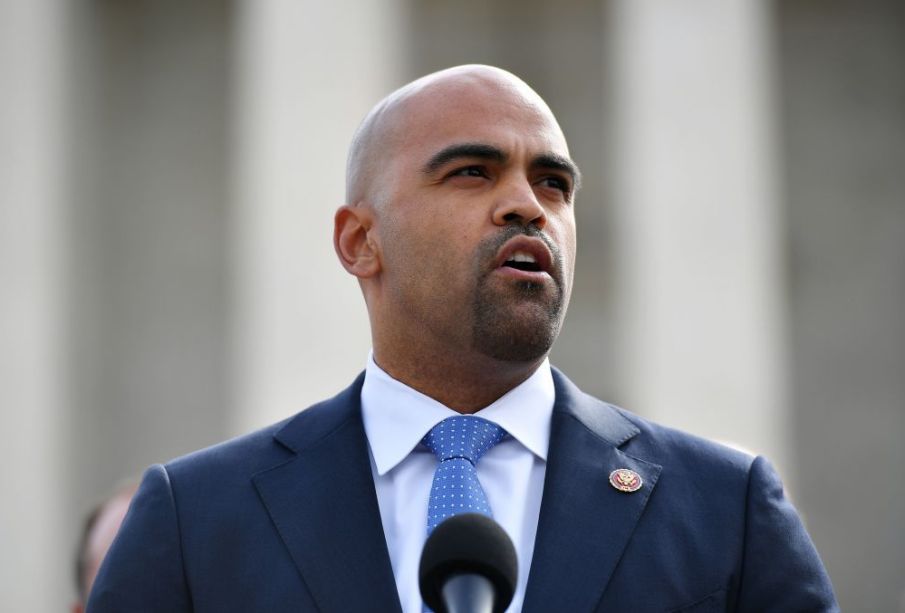On Monday, Rep. Colin Allred (D-32) led a group of his colleagues urging the Senate to pass the Freedom to Vote Act. The group consisted of 39 House Democrats, all of whom are from states where Republican-controlled legislatures are trying to use voter suppression and partisan gerrymandering to maintain power.
“America is strongest when our democratic institutions are strong, when they reflect and project the confidence of our people,” read the letter that was sent to the Senate. “The Freedom to Vote Act can fortify our democracy and bring Americans of all political stripes back into the town square, where the vitality of our ideas and experiences can be shared with respect, dynamism and hope for the future.”
The Freedom to Vote Act is slimmed down compared to previous voting rights legislation, but it nonetheless has some significant provisions. The bill would make it easier to register to vote, make Election Day a federal holiday and ensure access to early and mail-in voting. It also bolsters election security and ends partisan gerrymandering. The Freedom to Vote Act includes two bills introduced by Allred, the Protecting Election Administration from Interference Act and the Preventing Election Subversion Act of 2021.
Gerrymandering is a particularly pressing issue as Republicans draw districts in their favor ahead of the 2022 midterms and Texas is ground zero when it comes to unfair maps. “The Freedom to Vote Act takes direct aim at gerrymandering with a set of baseline standards that ensure neither party can manipulate the electorate for its own gain,” read the letter. “By establishing objective criteria for redistricting, the Freedom to Vote Act can provide assurance to our constituents that their interests are paramount and that we are working to repair the partisan divide, not deepen it.”
It is extremely doubtful that the Freedom to Vote Act will pass the Senate, given that Republicans have vowed to block it and Democrats don’t have the votes to end or modify the filibuster. However, Democrats are hoping that this bill will at least get support from all of their Senators. Previous voting rights legislation, like the For the People Act, received opposition from some Democratic Senators (namely Joe Manchin of West Virginia); it would have failed to pass even without the filibuster. In contrast, the Freedom to Vote Act has garnered the support of Manchin.
Even with Manchin on board, the Freedom to Vote Act would need either an end to the filibuster or a carve-out for voting rights legislation. The reconciliation process allows Democrats to pass bills without Republican support (although with such a slim majority even that isn’t easy) but that only applies to budgetary matters.
The Senate is set to vote on the bill on Wednesday in what will likely be a symbolic show of unity among Democratic Senators, but little more.
Photo: MANDEL NGAN/AFP/Getty Images
William serves as the Washington Correspondent for the Texas Signal, where he primarily writes about Congress and other federal issues that affect Texas. A graduate of Colorado College, William has worked on Democratic campaigns in Texas, Colorado, and North Carolina. He is an internet meme expert.





